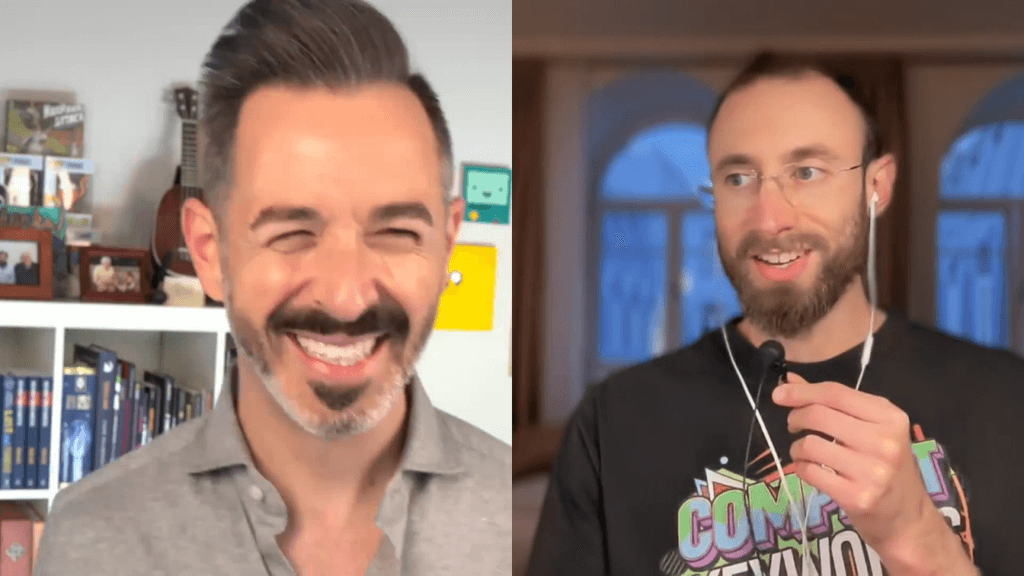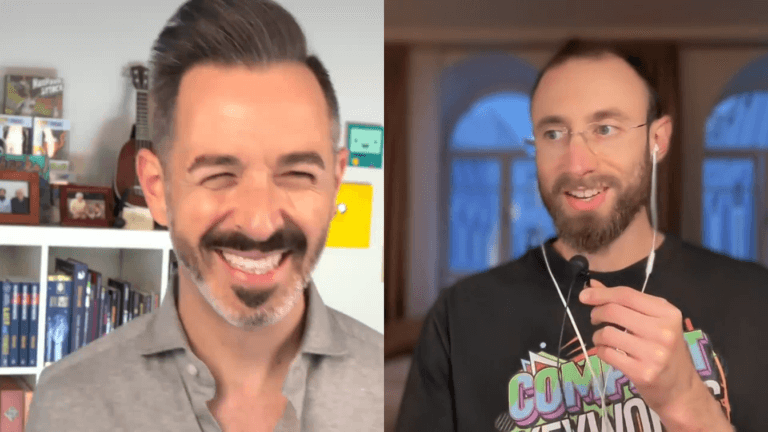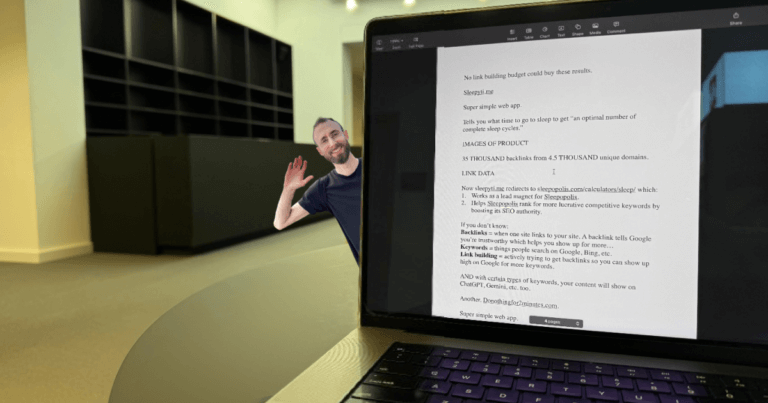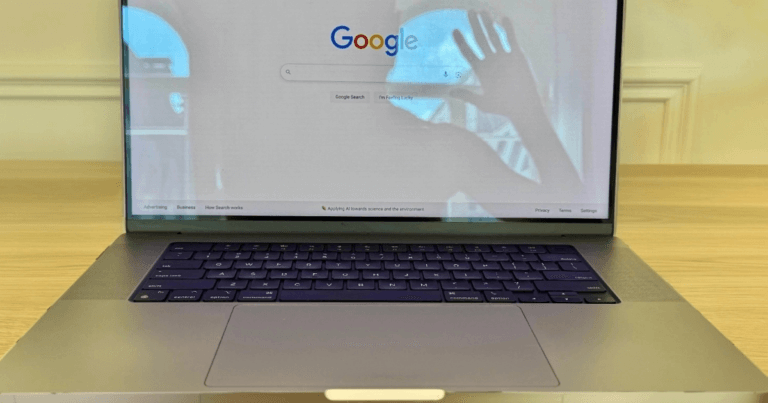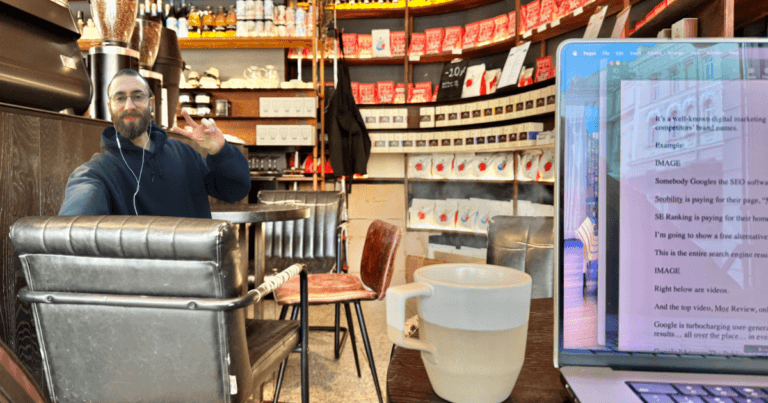What if the biggest SEO opportunity was actually still ahead of us?
Rand Fishkin came on my podcast a few days ago.
For those who don’t know, Rand is one of the OG names in digital marketing. He founded the popular SEO software, Moz, scaled it to $50m/year, then sold it. Last year he dropped the infamous Google API Leak, which I covered here.
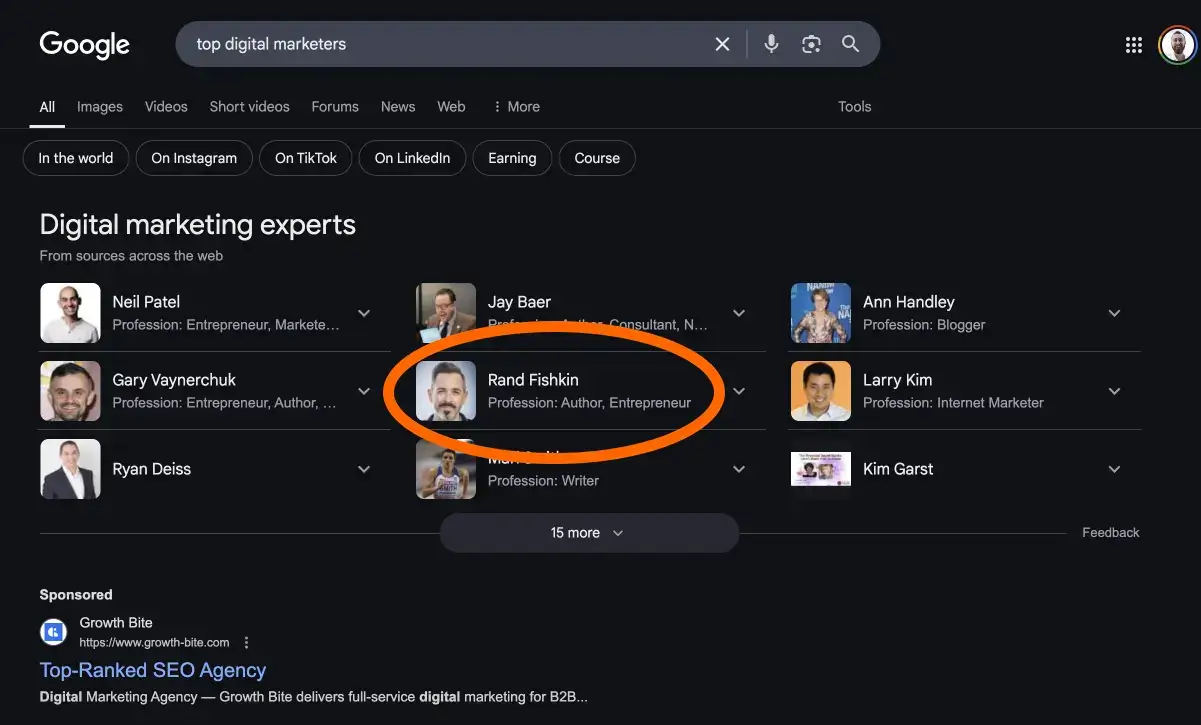
We talked for over an hour, but this was my #1 takeaway…
I don’t like crowded spaces…
In 2012 I went on stage plenty of times or on calls where I’d be like, ‘Yeah, yeah, SEO is BS, ignore it. Don’t do it.’ That way I can do it and rank number one.
It’s the same thing now.
‘You’re afraid of AI? Great. Don’t invest in content, don’t invest in publishing, don’t invest in visibility in Google and AI tools. That’s fine.’ Those of us who do are going to receive outsized benefit from it.
The incentive is still just as strong if your goal with publishing is to influence an audience to have a preference for your product or service.
The podcast goes more in-depth about this but the gist is – avoid crowded spaces and target keywords (what people search on Google/Bing/AI search engines) that are under-targeted.
Not going to lie, finding and targeting keywords that are under-targeted is almost 50% of my SEO strategy.
They:
- Are easier to rank on Google for
- Require less words and backlinks
- Convert better because when you actually target them, you get higher engagement
- Rank faster
My SEO Course, Compact Keywords, is entirely about targeting keywords at the bottom of the funnel – where there is the most desire to purchase, use, or try a product/service.
Most bottom-of-funnel keywords are under-targeted by default (if you want to learn why this is, check out the new video at the top of the Compact Keywords landing page).
But the rest of my discussion with Rand revealed something else…
With marketers, publishers, and SEOs becoming afraid of AI taking their clicks, top-of-funnel keywords are being left under-targeted too!
The entire field may soon be left wide open! Marketers are stepping off the field – the goalie’s on vacation.

With search engines’ prioritization of recent content and more marketers leaving the field than relative users are leaving search…
The biggest SEO opportunities may still be ahead!
What does an under-targeted keyword look like?
Identifying under-targeted keywords is actually very simple.
The best indicator of whether a result in Google will satisfy a searcher is whether or not the keyword (or something similar with the same meaning behind it) is in the page title.
These are all page titles:
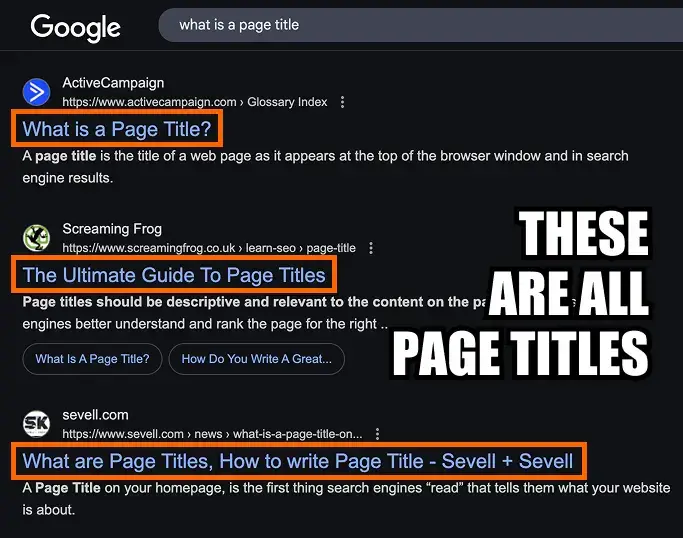
And that is a competitive keyword.
Notice how each page title either has the exact keyword or a close variation of it.
As Rand said, “I don’t like crowded spaces…” – and just like him, I do not like that keyword.
Here are examples of under-targeted keywords.
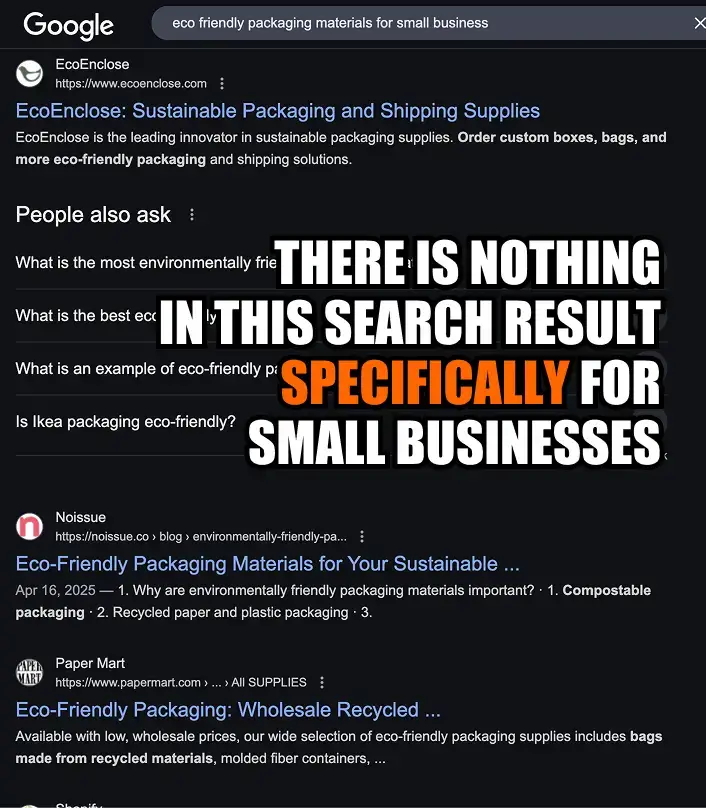
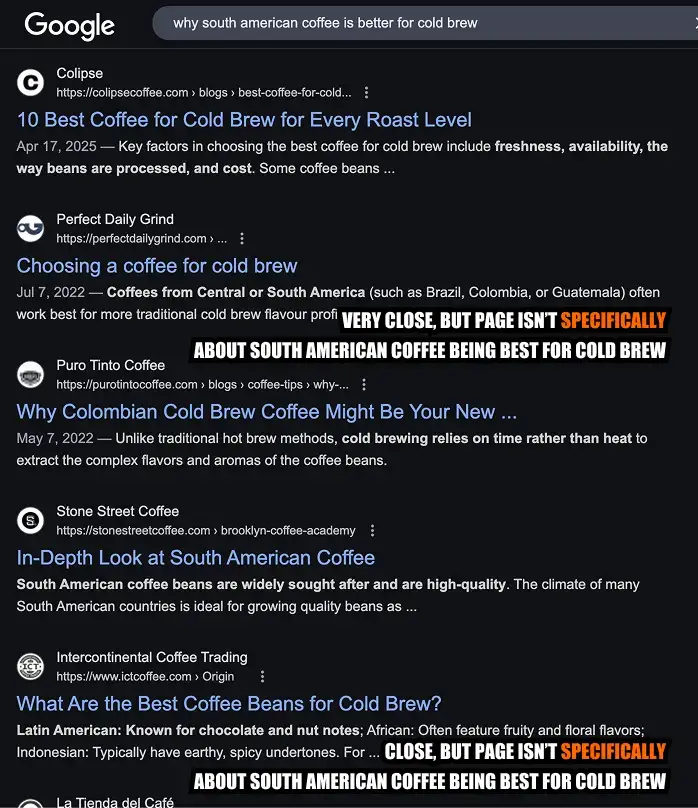
From a user-experience perspective, a page that doesn’t specifically target a keyword makes it harder for searchers to find their answer.
A page that does target a keyword specifically means the searcher will likely get their answer before even having to scroll – and the rest of the page will just go deeper into that topic… way better for the searcher.
Google wants to give searchers the best experience possible.
And again, the page title is the top indicator of the subject matter on the page.
You probably don’t need more backlinks… you just need better targeting.
So what should you do?
Have a target keyword.
Put it in your page title.
It helps if that target keyword is also in your URL slug, top page heading, and beginning of your first sentence.
Then do your best to answer the keyword within the first 1-3 paragraphs, and have the rest of the page go deeper on the topic.
The future of search
Since the release of ChatGPT I’ve seen so many marketers panic over the future of search.
But oftentimes things don’t unfold like we expect.
What if the future of search is actually way brighter than everybody predicted?
Keywords being under-targeted left and right.
Tons of demand just being abandoned.
Your traffic – for the taking.

